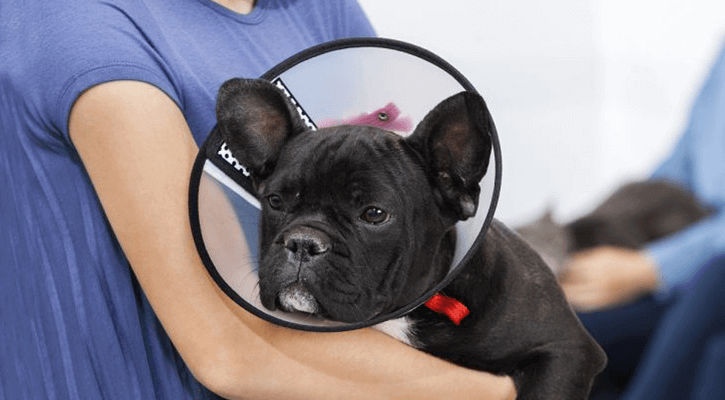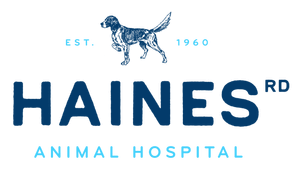Spay & Neuter

There are so many benefits to spaying or neutering your pets – including helping to reduce animal shelter populations, protection against some serious health problems, curbing many of the behavioral problems associated with the mating instinct, and avoiding costs associated with pet pregnancy and the resulting litter. Our healthcare team strongly believes that responsible pet ownership begins with having your new pet spayed or neutered if they are not already.
Spaying:
Spaying refers to the ovariohysterectomy, or the removal of portions of the reproductive system of a female so she cannot get pregnant and give birth. Spaying is a very routine surgical procedure for our veterinarians, and it carries a minimal risk for serious medical complications.
- Your veterinarian will utilize general anesthesia and pain management to avoid any discomfort during the procedure.
- The Certified Veterinary Technicians will monitor your pet’s breathing and heart rate, oxygen levels, blood pressure, plane of anesthesia, and overall health during the anesthetic procedure.
- The surgeon uses a surgical CO2 laser instead of the traditional scalpel blade to make a small incision in your pet’s abdomen and removes the ovaries, fallopian tubes and uterus The laser reduces swelling, reduces bleeding, and improves healing.
- The incision is closed with sutures and a therapeutic laser is used after the surgery to encourage healing and pain relief.
- Your veterinarian can also provide post-operative instructions for you to follow. Although a spay could result in some discomfort right after surgery, your veterinarian will take various measures for pain relief.
Neutering
Neutering refers to the castration, or the removal of the testicles of a male so that he cannot impregnate a female. Our veterinarians routinely perform safe and effective neutering procedures for or patients, which entails:
- Our veterinarian will use general anesthesia and pain management for the procedure to avoid any discomfort.
- The Certified Veterinary Technician monitors his breathing and heart rate oxygen levels, blood pressure, plane of anesthesia, and overall health during the anesthetic procedure
- The surgeon uses a surgical CO2 laser instead of the traditional scalpel blade in the front of the scrotum and each testicle is removed and the blood supply and vas deferens (spermatic cord) are tied off.
- The veterinarian closes the incision with surgical glue or sutures. A therapeutic laser is used after the surgery to encourage healing and pain relief.
- Your veterinarian will provide postoperative instructions for you to follow. Although neutering could result in some discomfort right after surgery, your veterinarian will take various measures for pain relief.
Spaying and Neutering Recovery:
- Providing your pet with a quiet place to recover indoors and away from other animals.
- Keep your pet indoors and attempt to limit running and jumping.
- Preventing your pet from licking the incision site, which may cause infection, by monitoring them and utilizing an E-collar if licking can not be prevented otherwise.
- Checking the incision site daily to confirm proper healing. Looking for any redness, swelling or discharge at the surgery site, or if the incision is open, contacting your veterinarian.
- Also, calling your veterinarian if your pet is lethargic, has a decreased appetite, is vomiting, and has diarrhea, or if you have any other concerns following surgery.
If you are concerned about spaying or neutering your pet, we urge you to ask the veterinarian at your next visit for help making an informed and responsible decision.
Spaying & Neutering In St. Petersburg, FL
To learn more about spaying and neutering, or to schedule an appointment, contact us at 727-525-2118.
Explore Our Complete List of Veterinary Services in Saint Petersburg, Florida
- Dog Wellness Exams
- Diagnostics
- Heartworm Prevention
- Preventive Care
- Pet Pregnancy Planning
- Laser Therapy
- Pet Behavior
- Puppy Care
- Cat Wellness Exams
- Pet Nutrition
- Emergency
- Dermatology
- Anesthesia & Patient Monitoring
- Kitten Care
- Vaccinations
- Wellness Exams
- Dental Care
- Surgery
- In-House Laboratory
- Senior Wellness
- Microchipping
